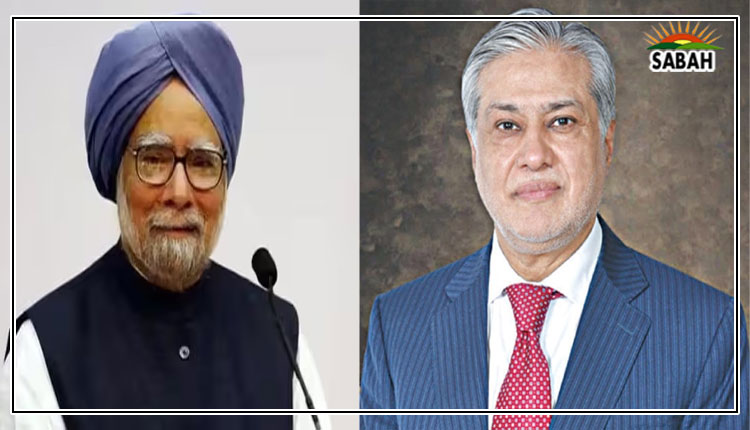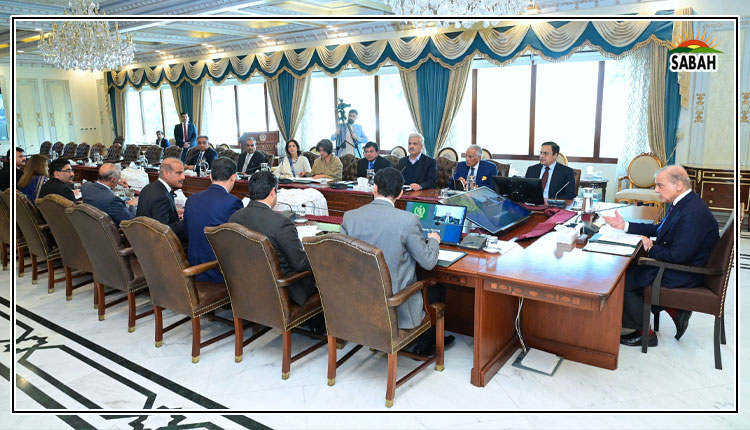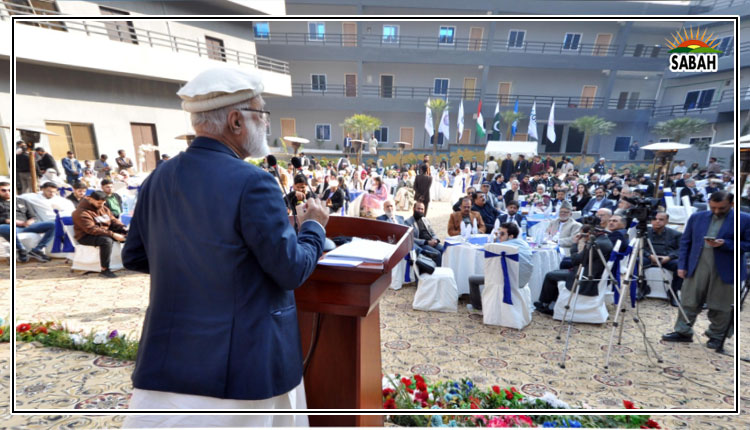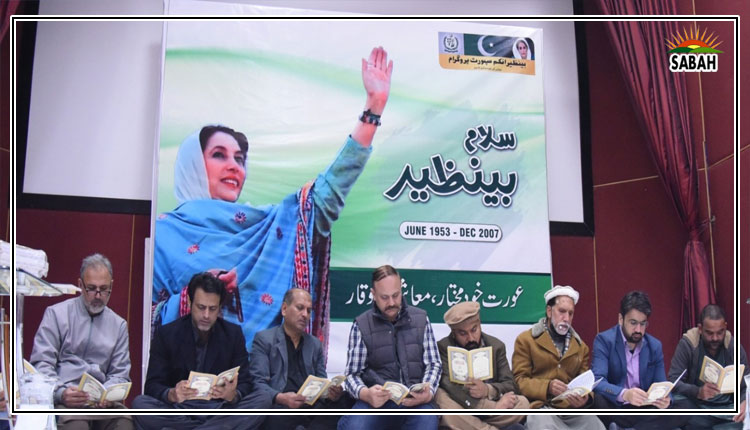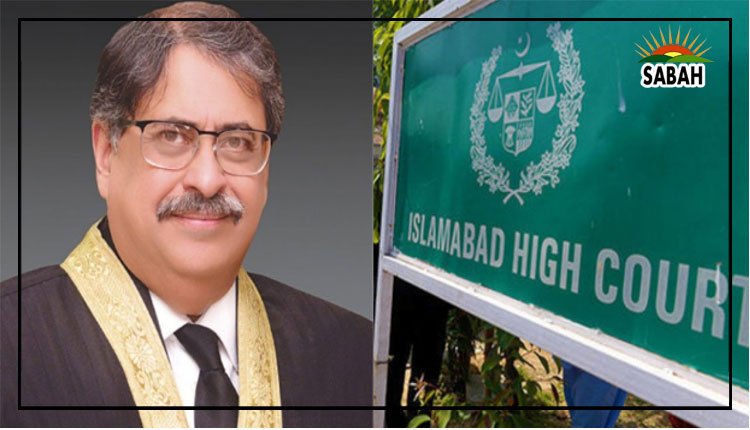Maintaining law & order is job of administration & court will not interfere in the matter: CJ IHC Athar Minallah
ISLAMABAD, Oct 10 (SABAH): Chief Justice Islamabad High Court (IHC) Justice Athar Minallah on Monday reserved decision on Pakistan Tehreek-e-Insaf (PTI) Secretary General and former minister for planning, development and special initiatives Asad Umar’s petition against the implementation of Section 144 in the federal capital. The court said that maintaining law and order is the job of the administration and the court will not interfere in the matter.
IHC Chief Justice Athar Minallah heard the case argued by Advocate Dr. Babar Awan on behalf of the petitioner.
According to the petition, Section 144 is an unconstitutional law to prevent peaceful protest. “The British created this colonial law that is still being implemented today,” it states.
During the hearing, Justice Minallah stated that the matter of law and order is to be looked after by the executive, adding that “the court will never interfere”. “When PTI was in government, was Section 144 not implemented in Islamabad?” he inquired.
Advocate Babar Awan told the court that the petition is not that of a political party but of a former MNA, Asad Umar. To this, IHC CJ noted that Umar is still an MNA.
Although Awan argued that Umar “resigned in front of everyone”, the judge maintained that until the resignation is accepted, the PTI general secretary remains an MNA.
Further, the chief justice remarked that the PTI has governments in two provinces and questioned whether Section 144 has never been implemented there.
“This party has a government in Punjab and Khyber-Pakhtunkhwa. First, abolish this law from those provincial assemblies and then come here,“ he added.
Advocate Awan argued that “this law can remain in force for a maximum of seven days or two consecutive days in a month. It is written in the law.”
The lawyer reiterated that the petitioner is a citizen living under the jurisdiction of the court. “I want to keep politics out of the court, I will talk about the constitution here. I don’t want to put my political plan before the court,” he said.
Umar’s counsel argued that if any law contradicts the constitution, the court can declare it “null and void”.
The chief justice said, “if you want to hold a rally, seek permission from the deputy commissioner”.
In his petition, Asad Umar prayed that Section 144 of the Code of Criminal Procedure, 1898 being a reflection of colonial legacy as adopted be declared ultra vires to the express provisions of the Constitution of Pakistan, 1973 as well as the fundamental rights guaranteed by the Constitution of Islamic Republic of Pakistan.
“It is further prayed that issuance of notifications under the garb of provisions of Section 144 of Code of Criminal Procedure, 1898, imposing continuous restrictions of more than two months be declared void ab initio, illegal, unlawful, against the express provisions of Article 4, 8, 10-A, 15, 16 and 17 of the constitution of the Islamic Republic of Pakistan, in the interest of justice.”



